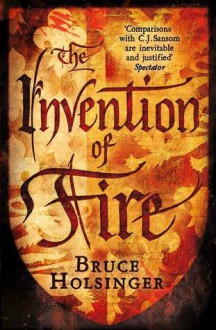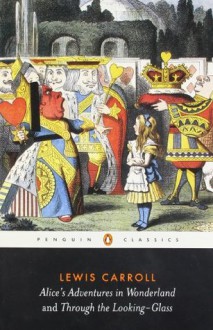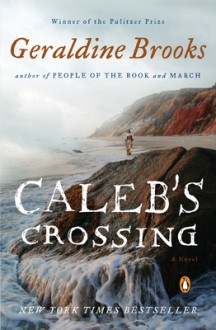
Disclosure up front: I took a Coursera class led by Prof. Bruce Holsinger two years ago.
This is the second of Bruce Holsinger's books featuring poet John Gower as a detective. Like A Burnable Book, the first tale, this book is rich in historical detail and entertaining characters.
There are a couple of subplots that eventually come together. The first plot begins when 16 dead bodies are found in London's "Long Drop" public privy by the night-soil removers. The second involves Stephen Marsh, a skilled metalworker who is indentured to the bell-maker for whom he was once an employee. The third involves Gower himself, who is losing his sight and wondering how he is going to make a living.
The mystery concerning the bodies is complex and really does take the entire book to resolve. There are more twists and turns than can possibly be imagined; every time I thought I had it figured out, it turned out that I was wrong.
Holsinger has taken his expertise in historic novels and applied it to great effect in his own work. He knows how much detail to include in order to set the stage without being pedantic, and how to create three-dimensional, believable characters to love or hate (no one is perfectly good or bad, just all perfectly human ... and some of them kinder than others).
I would not hesitate to recommend this book to fans of historical fiction and/or historical mysteries.

 Log in with Facebook
Log in with Facebook 







